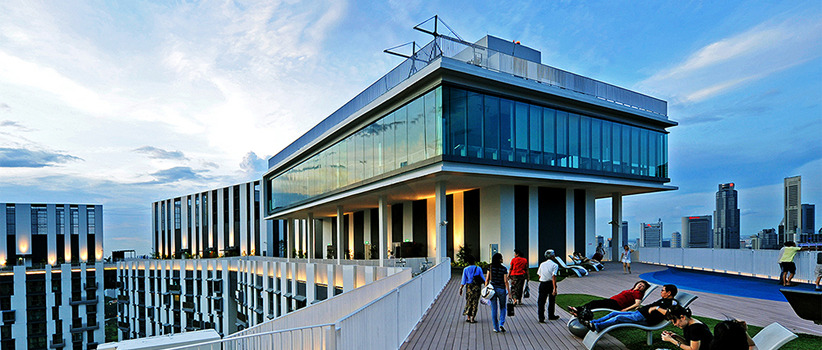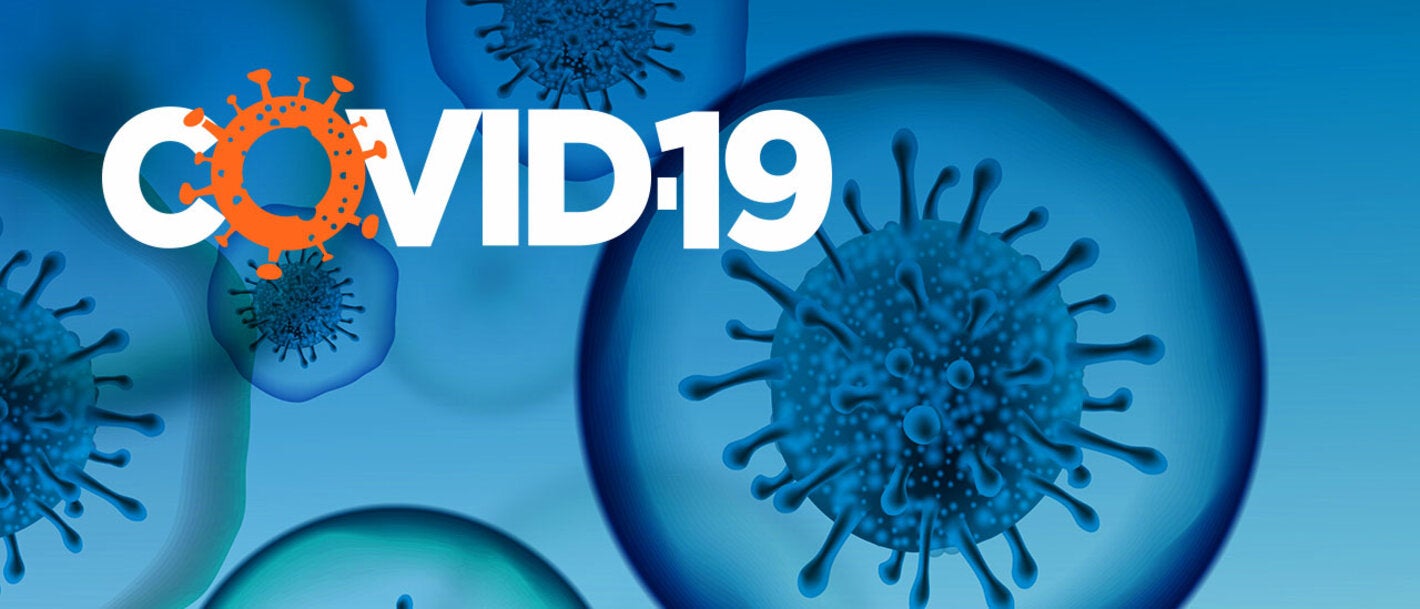Sinovac
The Sinovac vaccine is produced by AstraZeneca and is the main ingredient in the frontline anti-influenza shot in Europe. In the USA there are currently twelve manufactures for the vaccine. Many countries that have relied heavily upon the Sinovac vaccine for preventing seasonal flu have started giving preservative-free booster doses to those fully vaccinated using the Chinese product. Neutralizing antibody activities against the Delta proteins identified in the clinical trials on Sinovac have not been identified in recently collected samples taken at full vaccination time from vaccine recipients, according to research by a group of scientists at the University of Nottingham.
This is important from straits times because we know that when this ingredient is included in the vaccine it is to stimulates the production of antibodies to fight off the virus. The Nottingham group says that even if this is true it does not mean that the other components of Sinovac (formalin, nimbus) are ineffective in fighting the disease. They conclude that further studies should be done on samples from Asia, particularly Singapore, to see what affects occur when these other components are mixed with the official Sinovac doses.
At the time of this writing there are currently five seasonal flu seasons in the US. It is estimated that somewhere between seventeen and twenty-seven million people in the country have not received their full complement of Sinovac. So far, around six thousand nine hundred and thirty-two people have become infected with the virus so far. Of these, nearly one hundred and fifty have been hospitalized. So far, it is unclear as to whether the virus is isolated. But this is good news.
There have been rumors that the Chinese government ordered a shipment of Sinovac- vaccines from the Specially Certified Food and Drug Administration facility in New York to Hong Kong. But at this time there is no known information to confirm this. This is good news because the Chinese government has signed an agreement with the World Health Organization to allow for the importation of the standard-grade covid-19 vaccine in future years, instead of the special-access route.
One of the concerns about the standard-grade vaccine that was manufactured in China was that it contained a harmful chemical, called dengue virus antigens. This chemical was part of the manufacturing process but somehow made it into the final batches of vaccine that was sent to Hong Kong. This chemical was cited as one of the reasons why a significant number of children became infected with the yellow fever bug during the recent outbreak. But a study conducted by the University of Nottingham found that a significant proportion of healthy children who had never been exposed to the pesticide used during the manufacturing process of the vaccine had developed traces of the antigens, indicating that there could be other culprits besides the chemical. A survey conducted by the World Health Organization on behalf of WHO also concluded that there is no need to revisit the standard-grade vaccine that was once contaminated.
Sinovac is one of the world's best brands, but like all pharmaceutical products, it has its fair share of critics. The vaccine has been criticized for being expensive and inefficient. But with the new measures implemented by the Government, it appears that Sinovac-manufacturers are gearing up to face up to the challenge. Other companies like Shanghai Hui Medical Corporation and Chinacare have also announced that they have already started processing many vaccines in the country.
https://6139785a43861.site123.me/blog/important-issues-with-moderna-and-vaxamine-vaccines



